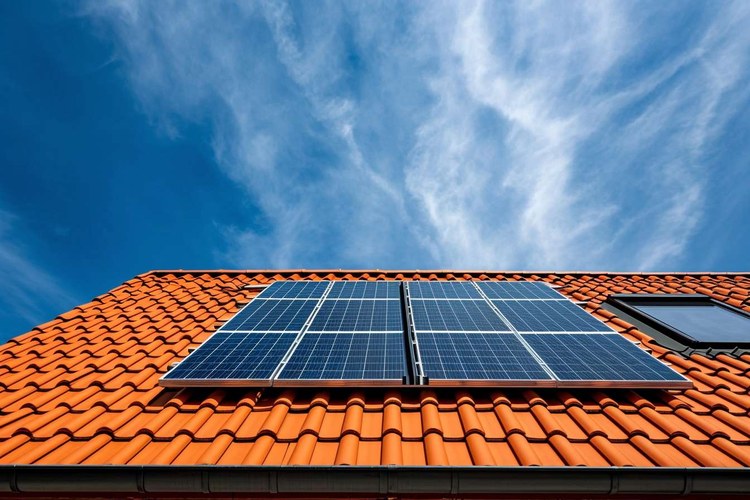Solar Water Heaters: A Sustainable Solution for Pool and Home Heating
Solar water heaters have gained popularity as an eco-friendly and cost-effective solution for heating swimming pools and homes. These innovative systems harness the power of the sun to provide warm water, reducing energy costs and environmental impact. As more homeowners seek sustainable alternatives for their energy needs, solar water heaters have emerged as a practical option for both pool heating and domestic hot water supply.

The efficiency of solar pool heaters depends on factors such as the size of the pool, local climate, and the amount of sunlight received. In sunny regions, these systems can extend the swimming season significantly, allowing homeowners to enjoy their pools for more months of the year without relying on traditional gas or electric heaters.
What are the benefits of using solar energy for pool heating?
Employing solar energy for pool heating offers numerous advantages. First and foremost, it’s an environmentally friendly option that reduces reliance on fossil fuels and lowers carbon emissions. Solar pool heaters have minimal operating costs once installed, as they rely on free solar energy rather than electricity or gas. This can lead to substantial savings on energy bills over time, especially for those with large pools or in areas with extended swimming seasons.
Additionally, solar pool heaters are low-maintenance systems with a long lifespan, often lasting 15-20 years or more with proper care. They operate quietly and can be seamlessly integrated into existing pool setups. By using solar energy, pool owners can enjoy warm water without the guilt of excessive energy consumption, making it an attractive option for environmentally conscious homeowners.
Can solar water heaters be used for home improvement projects?
Solar water heaters are not limited to pool heating; they can be an excellent addition to home improvement projects aimed at increasing energy efficiency and reducing utility costs. These systems can be installed to provide hot water for household use, including showers, washing machines, and dishwashers. Integrating a solar water heater into a home’s plumbing system can significantly reduce the energy required for water heating, which typically accounts for a large portion of residential energy consumption.
When considering home improvements, installing a solar water heater can increase property value and appeal to potential buyers who prioritize eco-friendly features. It’s also worth noting that many regions offer incentives or tax credits for installing solar water heating systems, making it an even more attractive option for homeowners looking to upgrade their energy infrastructure.
What types of solar water heaters are available for residential use?
There are several types of solar water heaters suitable for residential use, each with its own advantages:
-
Active Direct Systems: These circulate household water directly through the solar collectors for heating. They work well in areas that rarely experience freezing temperatures.
-
Active Indirect Systems: These use a heat-transfer fluid to collect solar heat and then transfer it to the household water supply. They’re suitable for colder climates as the heat-transfer fluid contains antifreeze.
-
Passive Integral Collector-Storage Systems: These combine the solar collector and storage tank into one unit. They’re simple and less expensive but not ideal for cold climates.
-
Passive Thermosyphon Systems: These rely on natural convection to circulate water through the collectors and to the tank. They’re reliable but require careful installation due to the heavy storage tank on the roof.
The choice of system depends on factors such as local climate, available space, and specific household needs.
How do solar water heaters compare to traditional heating methods?
Solar water heaters offer significant advantages over traditional heating methods in terms of energy efficiency and long-term cost savings. While the initial investment for a solar water heating system can be higher than conventional options, the ongoing operational costs are substantially lower. Let’s compare solar water heaters with some traditional heating methods:
| Heating Method | Energy Source | Initial Cost | Operating Cost | Environmental Impact |
|---|---|---|---|---|
| Solar Water Heater | Solar Energy | Higher | Very Low | Minimal |
| Electric Water Heater | Electricity | Lower | High | Moderate to High |
| Gas Water Heater | Natural Gas | Moderate | Moderate | Moderate |
| Heat Pump Water Heater | Electricity | Moderate | Low to Moderate | Low to Moderate |
Prices, rates, or cost estimates mentioned in this article are based on the latest available information but may change over time. Independent research is advised before making financial decisions.
Solar water heaters shine in terms of operating costs and environmental impact. While they may require a larger upfront investment, the long-term savings and reduced carbon footprint make them an attractive option for many homeowners. Traditional electric and gas water heaters have lower initial costs but higher ongoing expenses and greater environmental impact. Heat pump water heaters offer a middle ground in terms of efficiency and cost but still rely on electricity.
Solar water heaters, whether used for pool heating or domestic hot water supply, represent a significant step towards sustainable home energy use. As technology advances and awareness of environmental issues grows, these systems are likely to become increasingly popular in residential settings. Homeowners interested in reducing their energy bills and carbon footprint would do well to consider solar water heating as part of their home improvement strategy.






